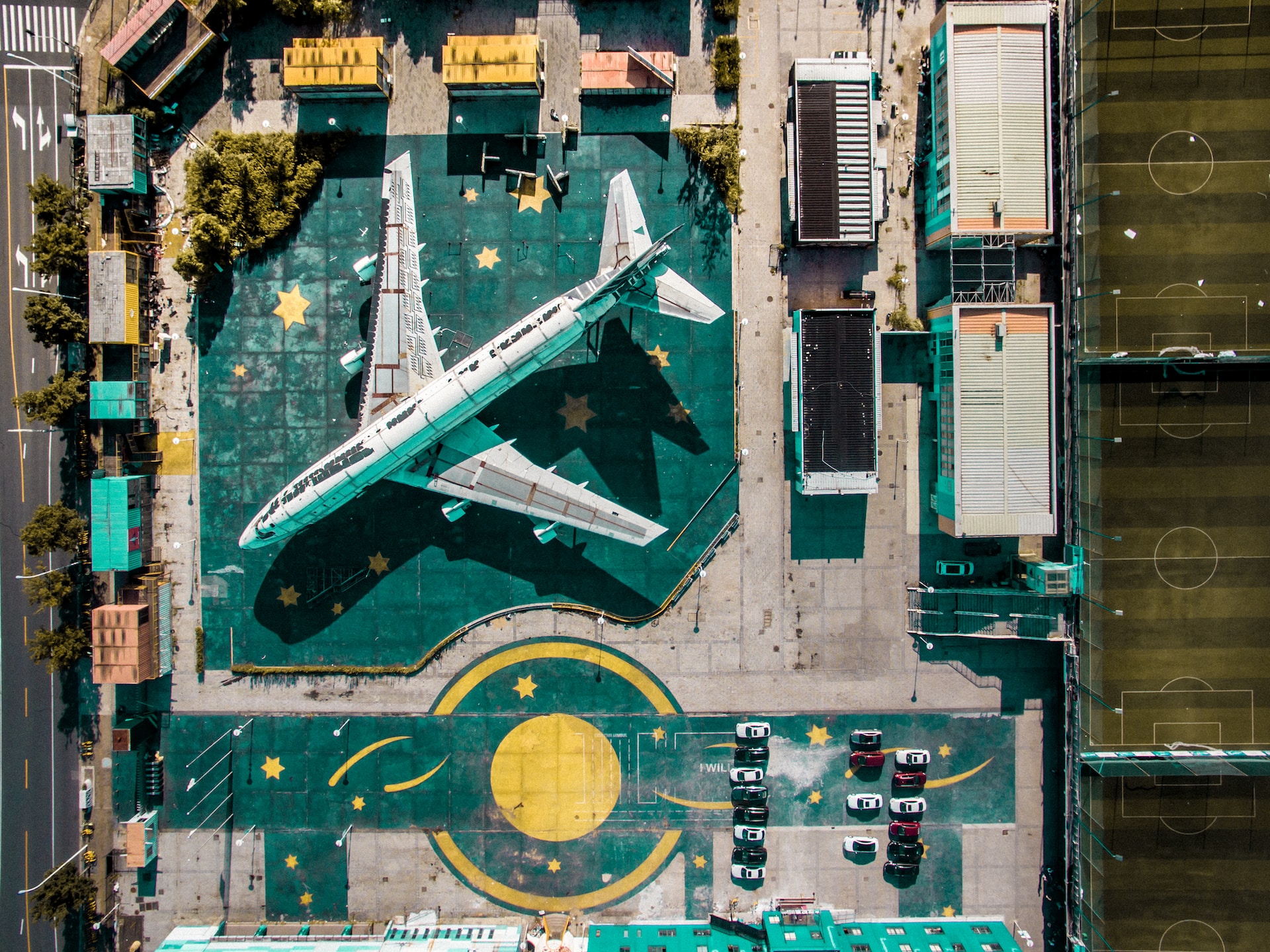If you want to be a pilot, aside from having the passion, you need to have the necessary skills, and this is where aviation education becomes essential.
To stay current, as the aviation industry continues to make technological advancements, college programs are adapting to these innovations. In this article, we explore four of these transformations that are helping students prepare for the industry’s future.
4 Main Innovations in Aviation Education
Aviation education is, undoubtedly, an exciting academic route, but it is also quite demanding. If you want to get into any of the best aviation schools, you must ensure all your documents are accurately translated by using USCIS translation services. This website offers its customers great quality at affordable prices, which is why they are pretty popular.
Technology is ever-evolving, and we continue to see its new applications, even in the aviation industry. By attending any of the top colleges, you stand to benefit from these four innovations:
- Drone Technology
- Virtual / Augmented Reality Training
- Big Data Analytics
- Flight Simulators
Drone Technology
Drones are becoming increasingly common in the aviation industry. Thankfully, colleges notice this trend, and many have taken steps to ensure their students aren’t left behind. One of the ways this is being handled is by including classes on drone operations. The demand for drone pilots in the United States has soared recently, so this is a skill you might want to consider getting. College programs will teach you operation and maintenance so you can be sure you’ll have the knowledge and experience to excel in the job market.
Virtual / Augmented Reality Training
Some concepts are hard to explain with words alone, which is why many colleges are leaning towards virtual reality training. With the use of VR headsets, students can now experience realistic simulations that put them in flight scenarios. This technology allows students to practice making critical decisions in a safe and controlled environment. Augmented reality is also used to help students visualize and understand complex concepts such as aircraft engines.
Big Data Analytics
Colleges aren’t being left behind as the world increasingly leverages data. For example, we already have Top Writers Review and other websites that use data based on reviews to analyze the best online writing services. With the vast amount of data available in the aviation industry, colleges are teaching students how to analyze and utilize this information to make informed decisions. For example, in predicting when maintenance is needed for an aircraft and safety measures to implement. Also, it’s worth mentioning that through cloud-based learning, students have more access to educational materials and their learning patterns are being analyzed and used to develop personalized study programs.
Flight Simulators
This technology has been around for a while, but recent advancements have made it more realistic. For instance, the Microsoft Flight Simulator is widely considered one of the best simulators available. It isn’t free, but it includes many features to make it worth every penny. Students are able to benefit from this technology as it not only teaches them many nuances of flying, but it does so in a fun and engaging way. If you try this simulator today, you might use it for hours, so to avoid your grades suffering, you should read reviews to find the best paper writing services to handle your essay assignments. Many writing companies claim to be legit when they aren’t, so it’s essential to learn how to avoid scams from experts.

In Conclusion
Innovations are part of human nature – we should welcome them rather than fearing or rejecting them. Aviation education programs prepare students to excel in a rapidly changing industry by embracing the technological innovations mentioned in this article. With a strong foundation in the latest technology and techniques, graduates will be well-equipped to enter the workforce and make a valuable contribution to the aviation industry.
Author’s Bio
William Fontes is a freelance writer with a passion for covering everything from the latest tech trends to business ideas for students. He is always looking for opportunities to advance his skills and tries his best to share what he learns with his audience. Williams enjoys watching movies and hanging out with friends when he isn’t writing.